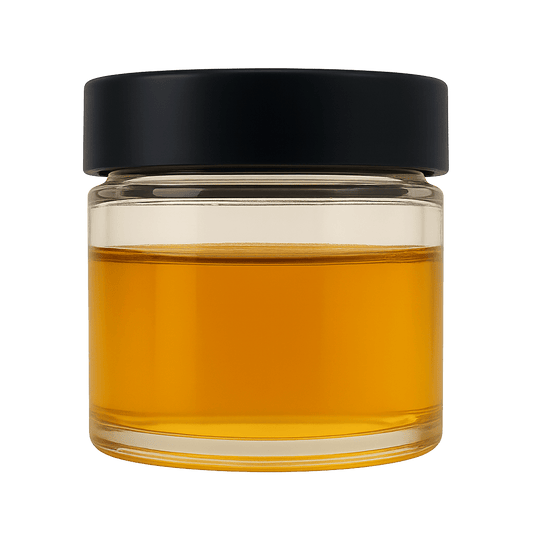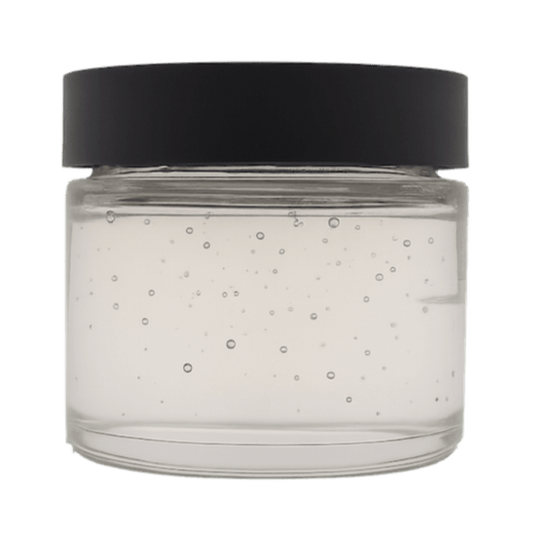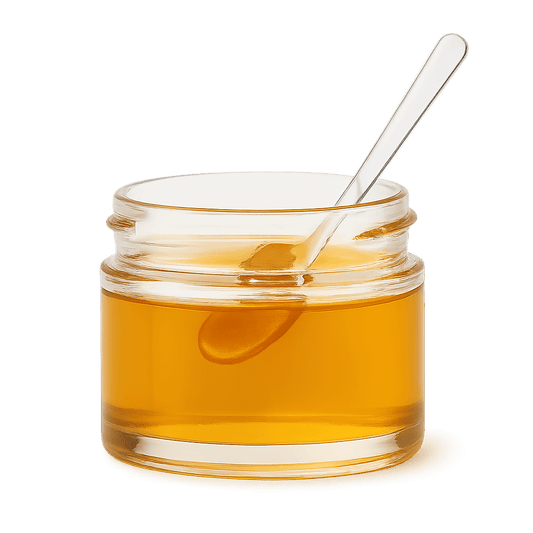Is Delta 8 THC Legal in Texas?
YES - Delta 8 THC is Legal in Texas
As of 2024, Delta 8 THC remains legal in Texas, following a series of legal battles and court rulings that have contributed to its current legal status. The legality of Delta 8 in Texas has been a subject of considerable debate, primarily due to its relationship with federal and state laws concerning hemp and marijuana derivatives.
The Texas Court of Appeals for the Third District at Austin ruled in September 2023 to uphold a decision for an injunction that stops the state’s Department of State Health Services (DSHS) from classifying Delta 8 and other THC isomers as Schedule I controlled substances. This ruling is significant because it reflects a broader acceptance of hemp-derived products under the 2018 Farm Bill, which federally legalized hemp and its derivatives, provided they contain less than 0.3% Delta 9 THC on a dry weight basis.
The DEA had issued an interim ruling in August 2020 addressing Delta-8, initially suggesting that synthetically derived cannabinoids should remain illegal under state and federal law. However, by November 2021, the DEA clarified that it does not see an explicit prohibition of Delta 8 within the Farm Bill as long as products do not exceed the 0.3% THC threshold.
Furthermore, a federal court in California ruled in May 2021 that Delta-8 products fall under the legal definition of hemp and are therefore federally legal, as long as their THC concentration remains under 0.3%. This ruling aligns with the federal definition of legal hemp and underscores the legality of Delta-8 THC products that comply with this threshold.
Despite the legal victories for Delta 8, the substance's legality has been described as being in a "fluid state" due to ongoing legal disputes and potential legislative changes. The evolving legal landscape suggests that while Delta-8 THC currently remains accessible for Texas residents, future legal and regulatory developments could impact its availability and legal status.
In summary, as of 2024, Delta 8 is legal in Texas, but its status is subject to change based on future court decisions and potential legislative actions. Consumers and businesses in the state continue to operate in a complex legal environment, reflecting the broader uncertainties surrounding cannabis laws in the United States.
Legal Status of Delta 8 in Texas
The legal status of Delta 8 THC in Texas as of 2024 is a result of a complex interplay between federal and state laws, as well as specific legal rulings and interpretations of these laws. Here's an expanded overview, highlighting key laws and legal decisions that have shaped the current legal landscape for Delta-8 THC in Texas:
Federal Laws and Bills
- 2018 Farm Bill: Officially known as the Agriculture Improvement Act of 2018, this federal law removed hemp, defined as cannabis (Cannabis sativa L.) and derivatives of cannabis with extremely low concentrations of the psychoactive compound delta-9-tetrahydrocannabinol (Delta 9 THC) — specifically, no more than 0.3% THC on a dry weight basis — from the definition of marijuana in the Controlled Substances Act (CSA). This legislation federally legalized hemp and its derivatives, indirectly affecting the legal status of Delta 8 THC, provided it is derived from hemp and contains Delta 9 THC concentrations of no more than 0.3%.
State Laws and Court Rulings in Texas
- Texas Court of Appeals Ruling (2023): The Texas Court of Appeals for the Third District at Austin upheld a decision for an injunction that prevents the state’s Department of State Health Services (DSHS) from classifying Delta 8 THC and other THC isomers as Schedule I controlled substances. This ruling is a pivotal moment in the legal battle over the status of Delta 8 THC in Texas, emphasizing the substance's legality as long as it adheres to federal standards set by the 2018 Farm Bill.
TITLE 5. SUBTITLE F. - HEMP
Sec. 121.001. DEFINITION.
“hemp” means the plant Cannabis sativa L. and any part of that plant, including the seeds of the plant and all derivatives, extracts, cannabinoids, isomers, acids, salts, and salts of isomers, whether growing or not, with a delta-9 tetrahydrocannabinol concentration of not more than 0.3 percent on a dry weight basis.
TITLE 6. SUBTITLE C. - SUBSTANCE ABUSE REGULATION AND CRIMES
Sec. 481.002. DEFINITIONS.
(5) “Controlled substance” means a substance, including a drug, an adulterant, and a dilutant, listed in Schedules I through V or Penalty Group 1, 1-A, 2, 2-A, 3, or 4. The term includes the aggregate weight of any mixture, solution, or other substance containing a controlled substance. The term does not include hemp, as defined by Section 121.001, Agriculture Code, or the tetrahydrocannabinols in hemp.
(26) “Marihuana” means the plant Cannabis sativa L., whether growing or not, the seeds of that plant, and every compound, manufacture, salt, derivative, mixture, or preparation of that plant or its seeds.
The term does not include:
(A) the resin extracted from a part of the plant or a compound, manufacture, salt, derivative, mixture, or preparation of the resin;
(B) the mature stalks of the plant or fiber produced from the stalks;
(C) oil or cake made from the seeds of the plant;
(D) a compound, manufacture, salt, derivative, mixture, or preparation of the mature stalks, fiber, oil, or cake;
(E) the sterilized seeds of the plant that are incapable of beginning germination; or
(F) hemp, as that term is defined by Section 121.001, Agriculture Code.
Current Legal Status and Implications
As a result of these laws and legal decisions, Delta 8 remains legal in Texas, operating under the federal framework established by the 2018 Farm Bill. This legal status allows for the sale and use of Delta 8 THC products that meet the criteria for hemp-derived compounds, specifically containing less than 0.3% Delta 9 THC on a dry weight basis.
However, the legal landscape for Delta 8 THC in Texas (and the broader United States) remains dynamic, with ongoing debates and potential for future legislative or regulatory changes that could impact the legality of Delta 8 THC. Retailers, consumers, and stakeholders in the cannabis industry continue to navigate this evolving legal environment, which reflects broader uncertainties and shifts in cannabis laws at both the federal and state levels.
For detailed and up-to-date information on the legal status of Delta 8 THC and other cannabis-related substances in Texas, it's advisable to consult legal experts or resources that specialize in cannabis laws and regulations.
The information provided on this website does not, and is not intended to, constitute legal advice or any statements regarding the status of any laws. The information, content, and materials present on this site are for general informational purposes only and should not be relied upon for any specific purpose. Laws vary across different states and are subject to change. Therefore, information on this website might not reflect the most recent legal or other developments. Read our full legal disclaimer HERE.






